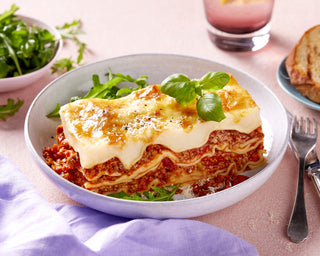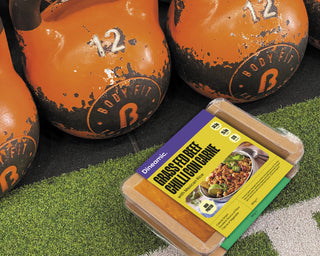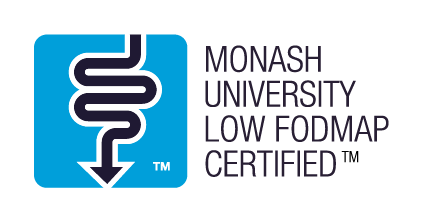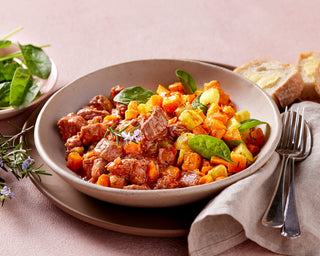
We love them in trees on beautiful beaches, in our cocktails and in our curries. Coconuts have provided food to millions for centuries, especially in tropic and subtropic regions. They were often described as the ‘tree of life’ with ’touted’ hydrating powers from coconut water, the fibrous coconut pulp as a delicious food and the rich creamy coconut milk and oil being considered a healthy ingredient in many Asian cuisines. But it didn't stop there, coconut was seen as medicine in Indian culture, as it was believed to treat burns, help with bronchitis, relieve fever, and improve dental hygiene. They gave it the nickname “the fruit of aspiration”.
Well, were they onto something or is the coconut craze more hype than hope?
Let’s explore…
Coconut water: does contain some nutrients, including B vitamins, vitamin C and some simple sugars and amino acids. It’s main nutrition plus is that it is a good source of potassium. It is for this reason that some claim it's great for hydration when we are ill, recovering from exercise and for daily life.
Coconut milk: Has small amounts of naturally occurring calcium and phosphorus which are very important for our teeth and bones, but the levels are not high enough for us to rely on coconut milk as our main source of these minerals. So when buying coconut milk or any plant based milk look for brands that are fortified with calcium to ensure you are meeting your dietary requirements
Coconut oil: Unique to other saturated fats - which are found in animal products, coconut oil has a large proportion of medium chain triglycerides (MCTs) fatty acids as opposed to long chain fatty acids found in meat and dairy. In general fats are considered to be the most difficult to digest. Long chain being highly insoluble require bile salts for digestion and absorption. MCTs on the other hand are absorbed and transported directly to the liver where they are used for energy. These are more quickly removed from the body making them less likely to be stored as body fat.
While MCTs can raise total cholesterol levels in the body, a proportion of this is the good cholesterol (HDL) which is better for the cardiovascular system .However MCTS also raise the bad cholesterol (LDL) which sort of negates the heart benefits. Also keep in mind that coconut oil is still a fat, and therefore is high in kilojoules . Fats are an essential part of the diet and important to good health, however there are some fats that are healthier than others. Unsaturated fats both polyunsaturated like omega 3s found in oily fish and mono unsaturated rich in avocadoes and EVOO are better for us, compared with saturated and trans fats therefore coconut oil should be eaten in small amounts when accompanied with a healthy balanced diet.
Coconut oil does have some antioxidant properties, potentially because of plant chemicals called phenolic compounds. Studies on animals have shown that when applied to inflamed areas, coconut oil has an anti-inflammatory effect, giving a reason for it being an ingredient in beauty products. It also shows evidence of being a great skin moisturiser when applied topically and helps maintain healthy skin, eyes, hair and nails.
Fun tip about coconut oil from our CEO, instead of using perfume based or harsh soap based baby wipes he cuts in half Handee wipes, boils water, adds coconut oil and pours over the wipes, then pops them in a container. End product - beautiful natural baby wipes!
So what’s our final say on Coconut ?
The jury is still out. Although coconut certainly exhibits many interesting and potential health prospects, there isn’t enough conclusive evidence to start recommending it as a regular inclusion in your daily diet However, as with any healthy diet, moderation is key – so while there’s no need to rush out and swap your cooking oil just yet, having some coconut every now and then is perfectly healthy. After all what would a Thai green curry taste without the delicious flavour of coconut.
How can you get more coconut in your diet?
Try using coconut milk in your curries instead of cream
Add coconut water to your fruit smoothies or choose it as a refreshing beverage
Use a little coconut oil when baking homemade sweet potato chips









